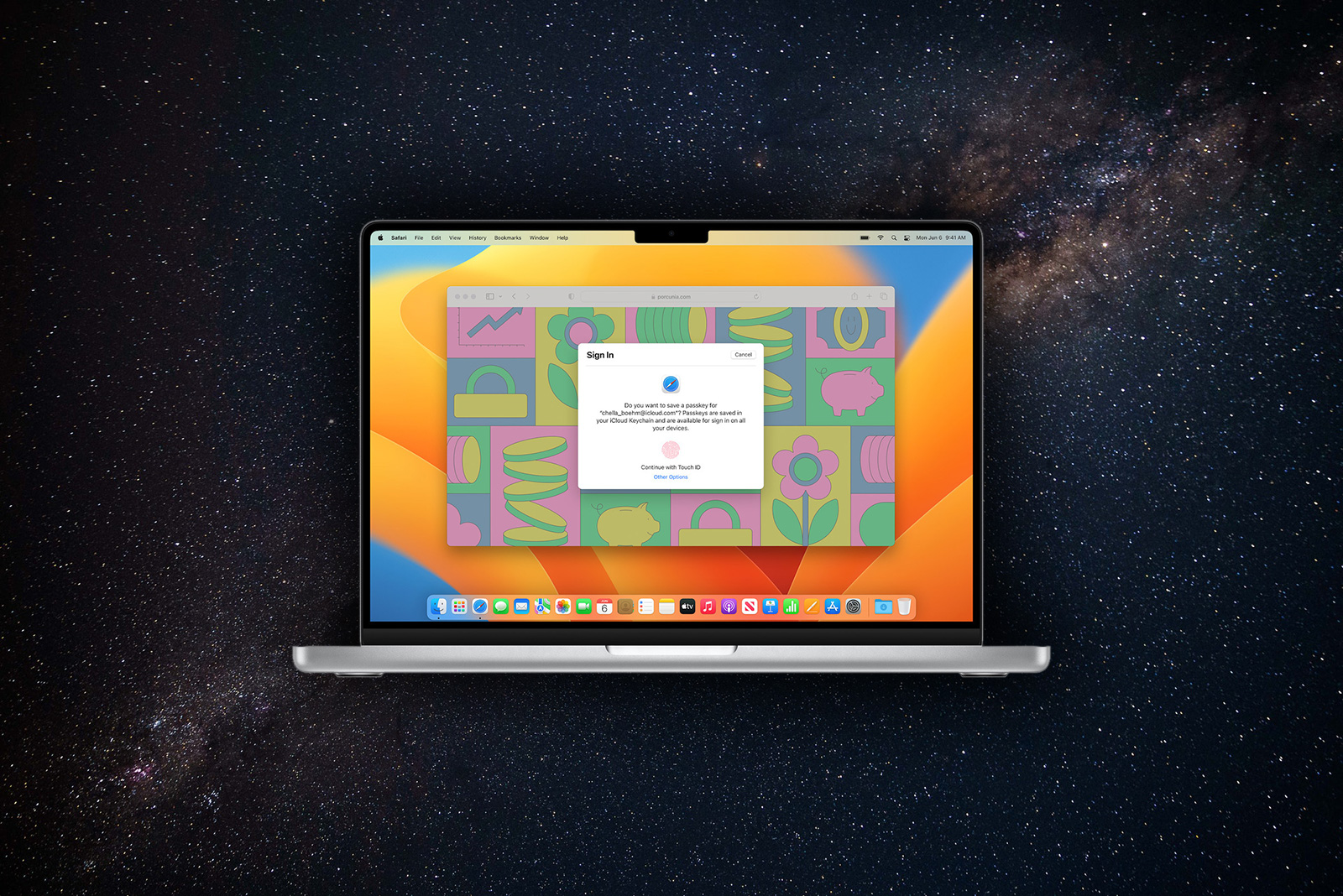In a Q1 2022 ransomware report, KELA researchers revealed that more than 150 networks were accessed in ransomware attacks carried out by BlackByte, Quantum, and BlackCat.
While the updates did not change much in terms of overall functionality, researchers believe that it aims to optimize its execution, minimize unintended system behavior, and provide technical support to ransomware victims if they choose to negotiate.
Boston-based cloud data access and security firm Immuta has raised $100 million in a Series E round led by NightDragon, and joined by new investor Snowflake Ventures (the VC arm of Snowflake), with participation from existing investors.
The threat actors follow Black Hat SEO techniques to rank their malware-distribution websites high in Google Search results so that more people will be tricked into downloading laced executables.
Security researchers with Modzero have identified multiple vulnerabilities in Owl’s devices, warning that they could be exploited to find registered devices worldwide and access sensitive data, or even gain access to the owners’ networks.
SSNDOB, an online marketplace that sold the names, social security numbers, and dates of birth of approximately 24 million US people, has been taken offline following an international law enforcement operation.
In May, Apple, Google, and Microsoft announced plans to expand support for a common passwordless sign-in standard created by the FIDO Alliance and the World Wide Web Consortium.
Due to the flaw, the smartphones were seen omitting the check to make sure that the modem’s connection handler was reading a valid IMSI or similar subscriber ID when connecting to an LTE network.
Entities can mitigate the vulnerabilities listed in the advisory by applying the available patches to their systems, replacing end-of-life infrastructure, and implementing a centralized patch management program.
U.S. local governments and European governments were targeted in a phishing campaign using malicious RTF documents that abuse the Windows Follina flaw. The attack gathers passwords from a large number of browsers including Chrome, Firefox, Edge, Opera, Yandex, Vivaldi, and CentBrowser. The CISA suggests disabling the MSDT protocol and using unofficial patches released by 0patch.






